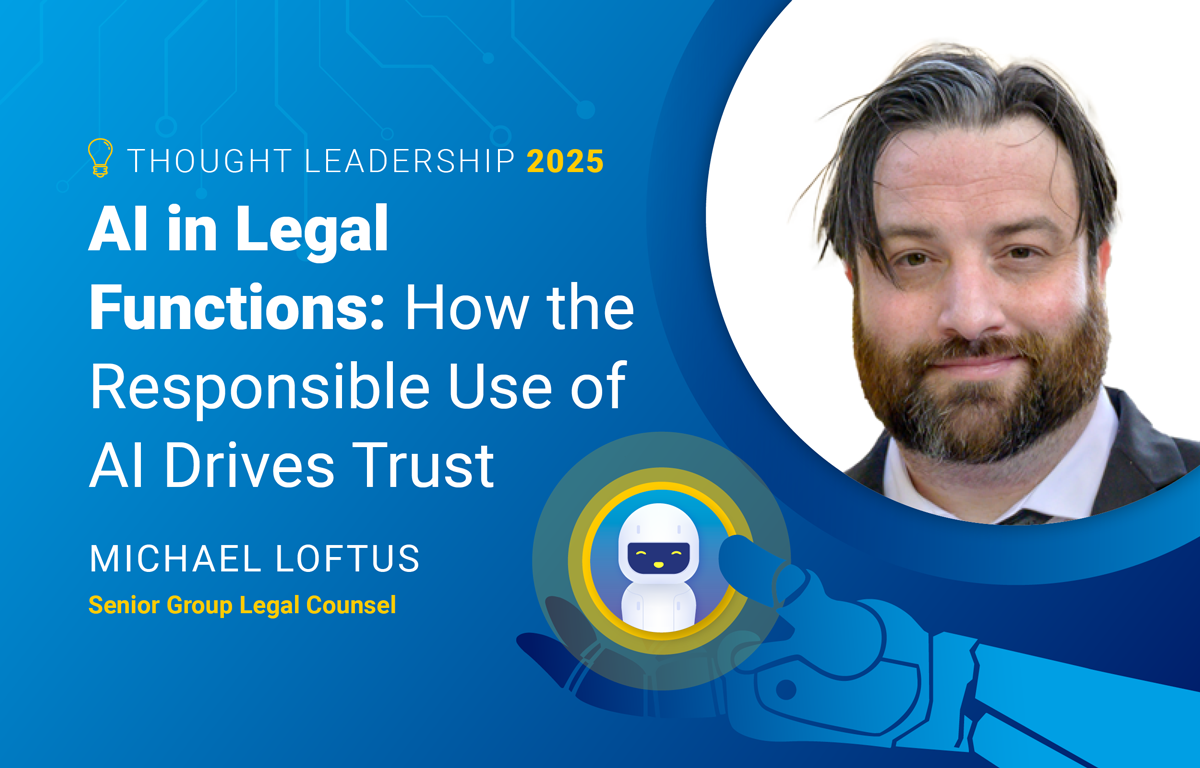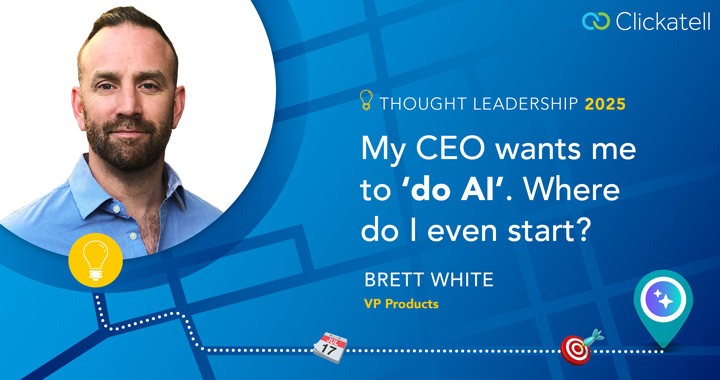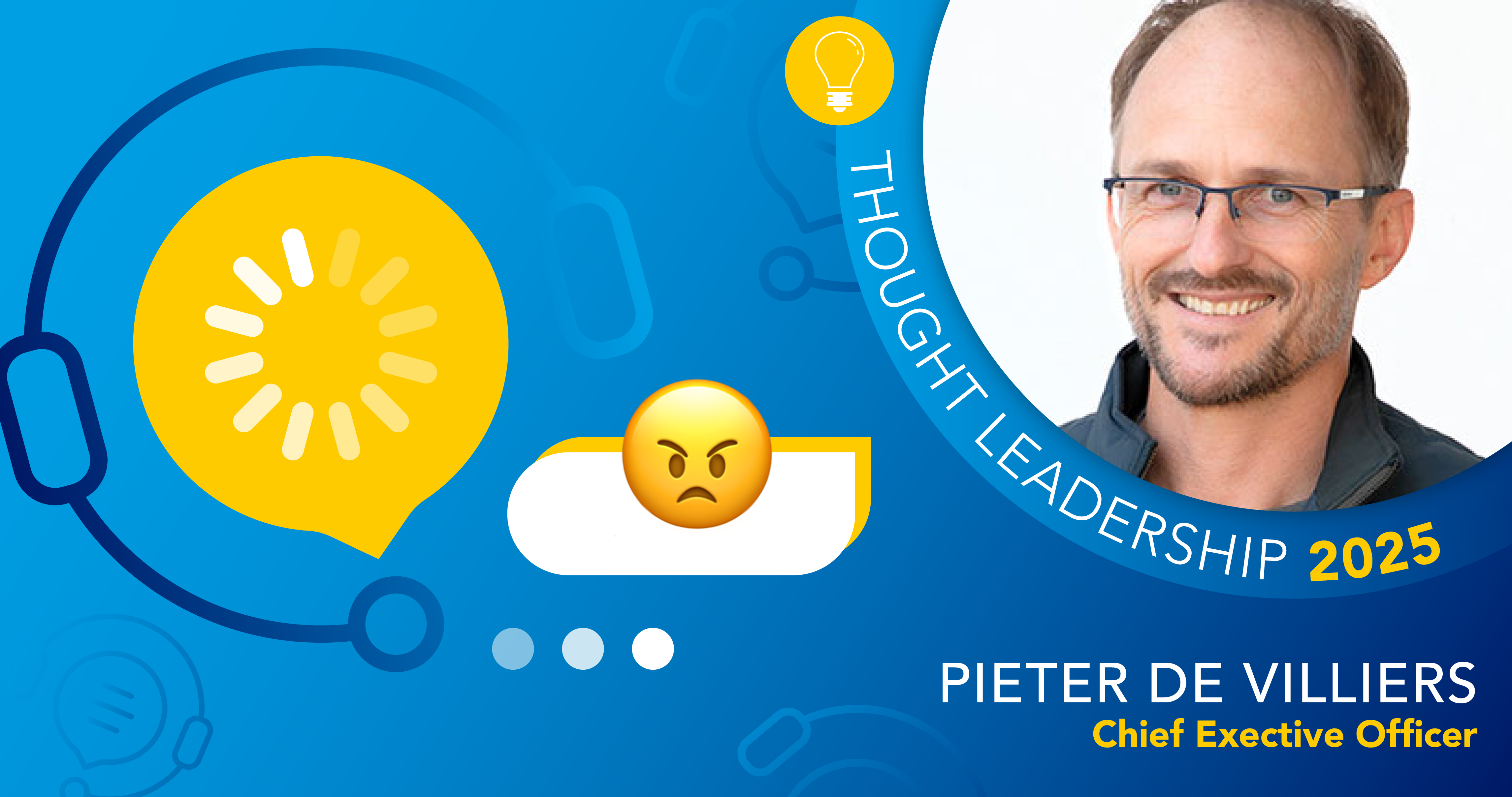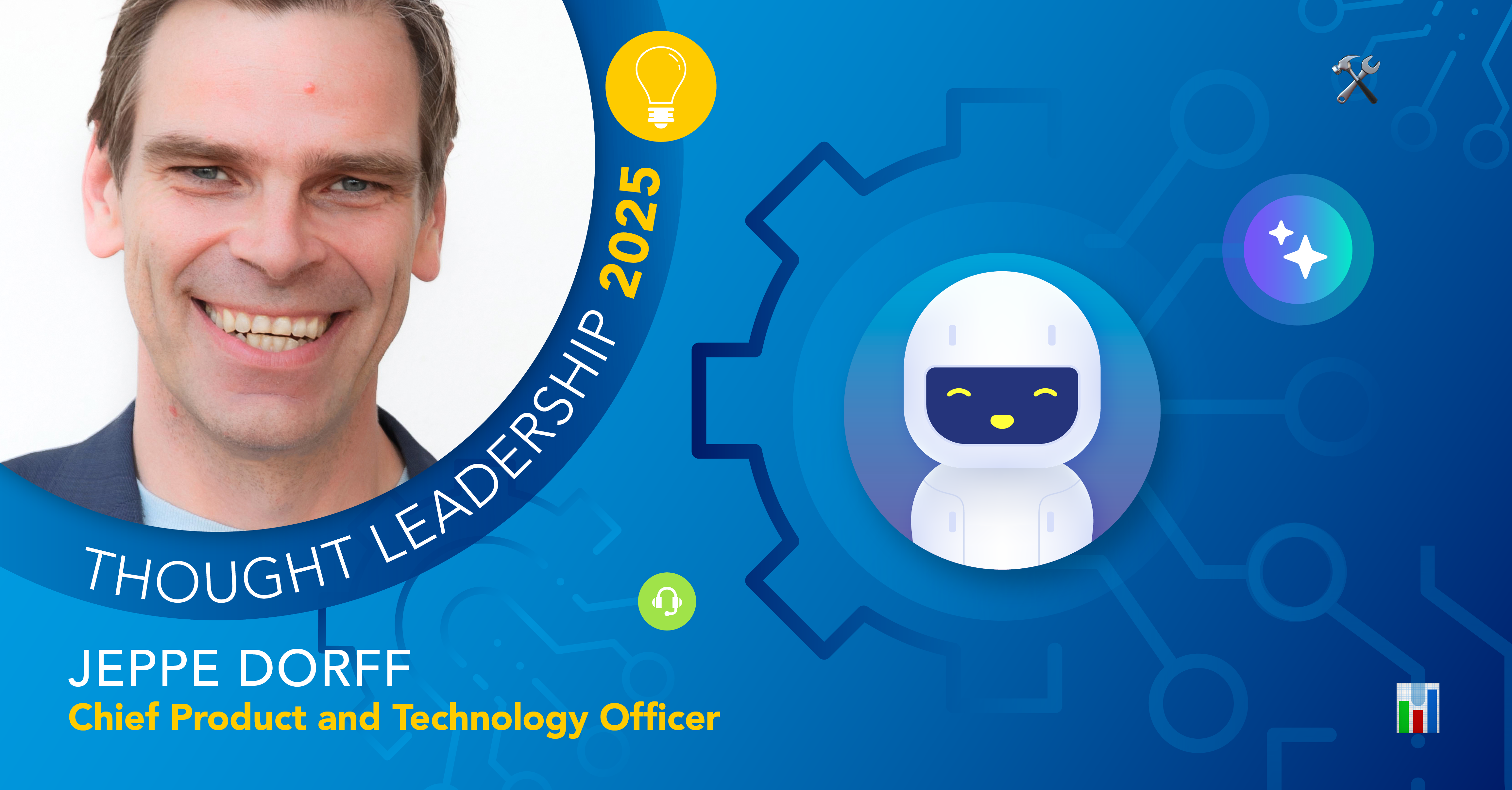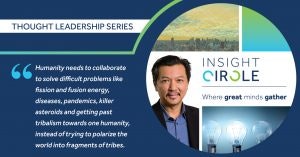
Our most recent guest was Dr. Damian Tan, a co-founder, Partner, and Managing Director of Vickers Venture Partners. Vickers has been ranked as the 6th best performing fund in the world and is the most highly awarded venture fund in Asia. Similar to our discussion with Brett King, our discussion with Damian covered a wide range of topics on the future of society. With his front row seat as an investor in many of the groundbreaking technologies shaping this future, his insights were illuminating!
Vickers Investment Philosophy: Eliminate Market Risk
Damian shared an extremely interesting guiding philosophy that differentiates Vickers from the majority of other venture funds: “We invest in opportunities where the upside value to society is so incredibly obvious that there is literally no chance of market risk. Our only risk, therefore, is the technical risk, and we have a very strong team of subject matter experts to help us evaluate promising technologies. If a company comes to us and says they have the next social media platform with new bunny ear filters, we are not interested, and our team of Ph.D.’s will have no advantage in assessing such companies. We invest in companies that are very deep tech and working on blockbusters such as cures for cancer and Alzheimer’s or are making a big dent in climate change, and of course, we have invested in a company that has developed a new type of COVID-19 vaccine which looks extremely promising.”
The Evolution of Technology
Damian explained how he sees the evolution of technology and its impact on our future: “Humanity is intertwined with technology. A stone tool is a technology and one caveman would do better than the other with a stone axe versus bare hands. Then a spear will overcome a stone axe, and so on. Technology is built upon layers and the progression is almost exponential. A wheel on a wheelbarrow is useful, but the wheel is also needed for the airplanes of the most advanced air forces in the world. In 1903, the Wright Brothers flew the first airplane which was essentially a motorized kite on a bicycle. In 1969, Neil Armstrong landed on the moon. In just 66 years humanity went from a big kite to a lunar module! How can you begin to describe the layers of technology between the motorized kite and a lunar module? The point is that many of the technologies in the year 2050 will astound our minds, and the technology of the year 2099 will seem like magic to our eyes of 2020.”
Lifespan and healthspan
Damian continued: “Around the year 1860, the average lifespan was between 40 to 50 years, and poverty was about 91% of the population. In 2020, average lifespans in many countries have doubled to 80 to 90 years and poverty is 9% of the world population. By the year 2099, lifespans will easily surpass 100 and may even reach 160 years or more. Poverty will be insignificant, and we will remain healthy and productive (healthspan) for almost our entire lifespan. We will overcome many of the current diseases plaguing us today like cancer and Alzheimer's. Future medicine will even regenerate the human body, reversing the effects of aging – we have invested in a company that is laying the foundation for this! The proverbial fountain of youth is no longer fiction. We will probably be able to 3D print parts of the human body with cells that can replace the older body parts. We are also beginning to map the human mind and the impact is pretty mind boggling, pun intended. Once we better understand the brain, it will exponentially increase our possibilities for development as a species.”
The Digital Economy
We asked Damian about digital currency: “Money used to be pegged to physical gold and gold had to be kept in forts. Then the money was pegged to physical cash and we needed bank vaults. Now money is a virtual series of numbers that don't get transformed to any form of cash. So why do we need physical banks? Physical currency is ripe for disruption and potentially a chaotic disaster. In the longer term, a global digital currency will evolve that will be stable across continents. Just as global citizenship and global language will emerge. Humanity needs to collaborate to solve difficult problems like fission and fusion energy, diseases, pandemics, killer asteroids, and getting past tribalism towards one humanity, instead of trying to polarize the world into fragments of tribes.”
Artificial intelligence
We discussed the future economic transformations of Artificial Intelligence: “AI has already taken over some domains - try playing chess against a computer? You'd lose. AI is leverage and humans love to leverage. Humans are really quick to adjust just as we did when machines replaced people on farms and robots replaced factory workers. Looking back, working on farms or factories wasn't that glamorous, and it will be the same with AI and some of the new jobs it will displace (e.g. taxi or truck drivers).
Self-driving cars
Regarding self-driving cars, Damian explained how the paradigms of the future can completely reinvent those of today: “Self-driving cars should not look like cars today. Your family sedan has 150 horsepower, and most of this is used to carry the cage of a car to protect you against an accident. Self-driving cars will not need this, they can be very light and made of flexible material that can morph into a 2-seater or 10-seater at will. Because of this, they will not need as much power and will be green, safe, and can serve many people per day instead of sitting unused most of the time in a parking lot.”
One tribe, one planet
Damian shared his perspective on where all the tremendous progress described earlier could ultimately lead us: “Einstein once said that Nationalism is an infantile disease, the measles of mankind”. The world can only benefit when the borders of nations are more open, it is mistrust and inequality that makes borders necessary. When people become more educated, more equal and self-governing, the role of government as we know it will change. What role is left for old-style governments when people are better able to govern themselves? On the question of socialism versus capitalism see our earlier interview with Brett King, as humanity approaches towards one tribe, the tribe of humans, rather than of color or religion, the caring for our one tribe will surely follow. Just as we are realizing now that the flora and fauna are not given to us for our exploitation but are essential to our survival as a species, we will eventually develop a better understanding that we are one with each other and we are one with planet earth.”
We are grateful to Dr. Damian Tan for sharing his insights on the next decades into the future. Please share your thoughts in the comments section of the article so we can continue this discussion. We look forward to future interviews with Dr. Damian Tan!
Step into the future of business messaging.
SMS and two-way channels, automation, call center integration, payments - do it all with Clickatell's Chat Commerce platform.

